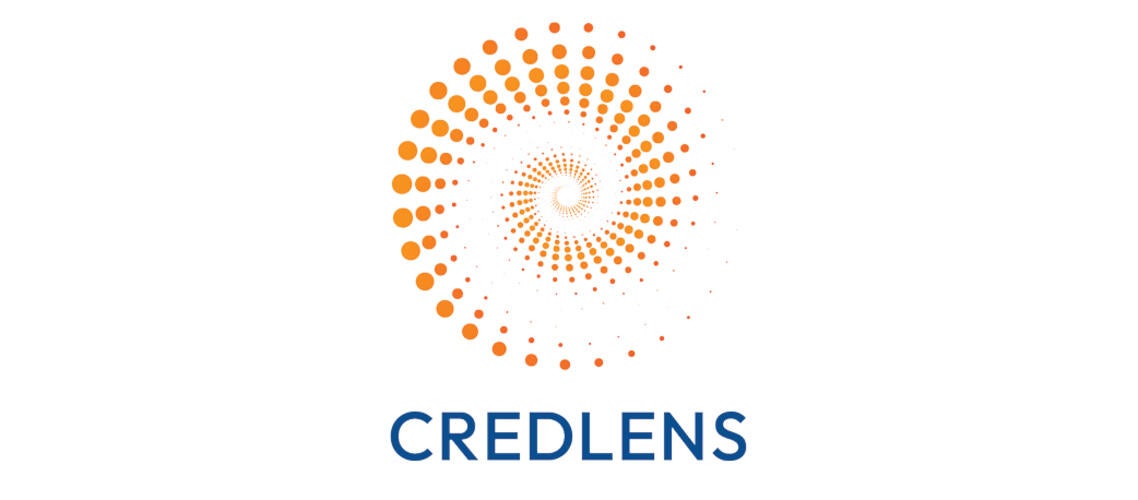
2023 NASWA Legislative Priorities
WASHINGTON – The National Association of State Workforce Agencies (NASWA) has released its annual legislative priorities for 2023 on behalf of the nation’s state workforce agencies. These initiatives advocate for enhanced flexibility, investment, and alignment of workforce development; investment in data infrastructure support; and improvements to unemployment insurance.
“These legislative priorities, if implemented by Congress, will help state workforce agencies better plan, prepare, and serve Americans seeking to build skills and find meaningful employment,” said Scott B. Sanders, NASWA President & CEO. “They represent the areas our members believe are crucial in the rebuilding of our nation’s economic growth, security, and competitiveness.”
NASWA's 2023 Legislative Priorities include:
Workforce Development
Enhance federal investment; increase flexibility for states; align workforce with post-secondary, infrastructure and industrial investments; and promote economic mobility by reducing systemic barriers to successful outcomes
- Increase investment in Workforce Innovation and Opportunity Act (WIOA) programs
- Increase permanent funding for the Wagner-Peyser Act
- Maintain investment for governors’ statewide need at 15%
- Establish new dedicated funding for states to create and scale statewide and regional sector strategies
- Avoid short-term, episodic, and/or competitive funding opportunities
- Scale up apprenticeships by providing enhanced investments
- Strengthen subsidized employment opportunities
- Support the states’ abilities to promote equal opportunity in workforce programs
- Continue funding of the Reemployment Services and Eligibility Assessment (RESEA) program at full authorization levels
- Enhance the capacity of state agencies to conduct and fund outreach efforts
- Grant states flexibility under WIOA to expand eligibility to workers
- Promote flexibility by allowing states to use funding across WIOA programs
- Address youth employment needs by providing states more flexibility under the WIOA youth program
- Sustain state flexibility for Wagner-Peyser staffing
- Expand eligibility for Disabled Veteran Outreach Program (DVOP) services
- Maintain and safeguard the vital role of veteran’s programs in the workforce development system
- Require partnerships among education, workforce, and labor market information systems to support more informed planning and successful outcomes
- Fund state workforce agencies and other workforce system partners in supporting the implementation of federal infrastructure and industrial investments
- Increase access to and availability of childcare and other supportive services on an ongoing basis to broaden labor market participation
- Support digital equity and access, including broadband expansion
- Improve alignment of workforce, human services, housing, and education agencies at the federal level
- Invest in digital transformation efforts and supporting technologies for holistic, interoperable service delivery
Data Infrastructure Support
Invest in state-driven data infrastructure
- Double funding to state Labor Market Information (LMI) divisions through the federal-state cooperative statistics programs
- Double funding to state LMI and research divisions through the Workforce Information Grants to States (WIGS)
- Allow states more flexibility to move funds among the federal-state cooperative statistics programs to increase efficiencies in producing labor market information
- Support state longitudinal P-20W data systems that enable intrastate data sharing
- Incentivize state agencies to work across sectors and state lines to leverage linked administrative data
- Commit dedicated funds to multistate data collaboratives
Unemployment Insurance
Enable states to prepare for the next recession; and increase flexibility for states
- Increase administrative funding as a whole
- Permit states to limit retroactive notifications to citizens involved with the CARES Act UI programs when states acted in good faith implementing shifting federal requirements
- Update the Extended Benefits program by providing a workable emergency recession statute
- Expand Short-Time Compensation (Workshare) coverage
- Reauthorize the Trade Adjustment Assistance for Workers program
- Authorize state staffing flexibility through 2024
- Hold states harmless for any overpayments made under the federal Lost Wages Assistance (LWA) program
- Waive all non-fraudulent pandemic-related unemployment compensation overpayments
- Amend the Payment Integrity Information Act
- Clarify that Internal Revenue Service federal tax information, such as a payment amount that does not identify the source of the payment or recovery, may be used in state UI systems
- Waive interest payments and the accrual of interest on federal advances to states
- Encourage further investments in UI program integrity
- Include flexibility as a part of reauthorization of the Trade Adjustment Assistance for Workers program
These legislative priorities are published on behalf of the state workforce agencies and are developed in collaboration with members through 10 national policy committees, approved by the board of directors, and circulated to the membership.
###





























